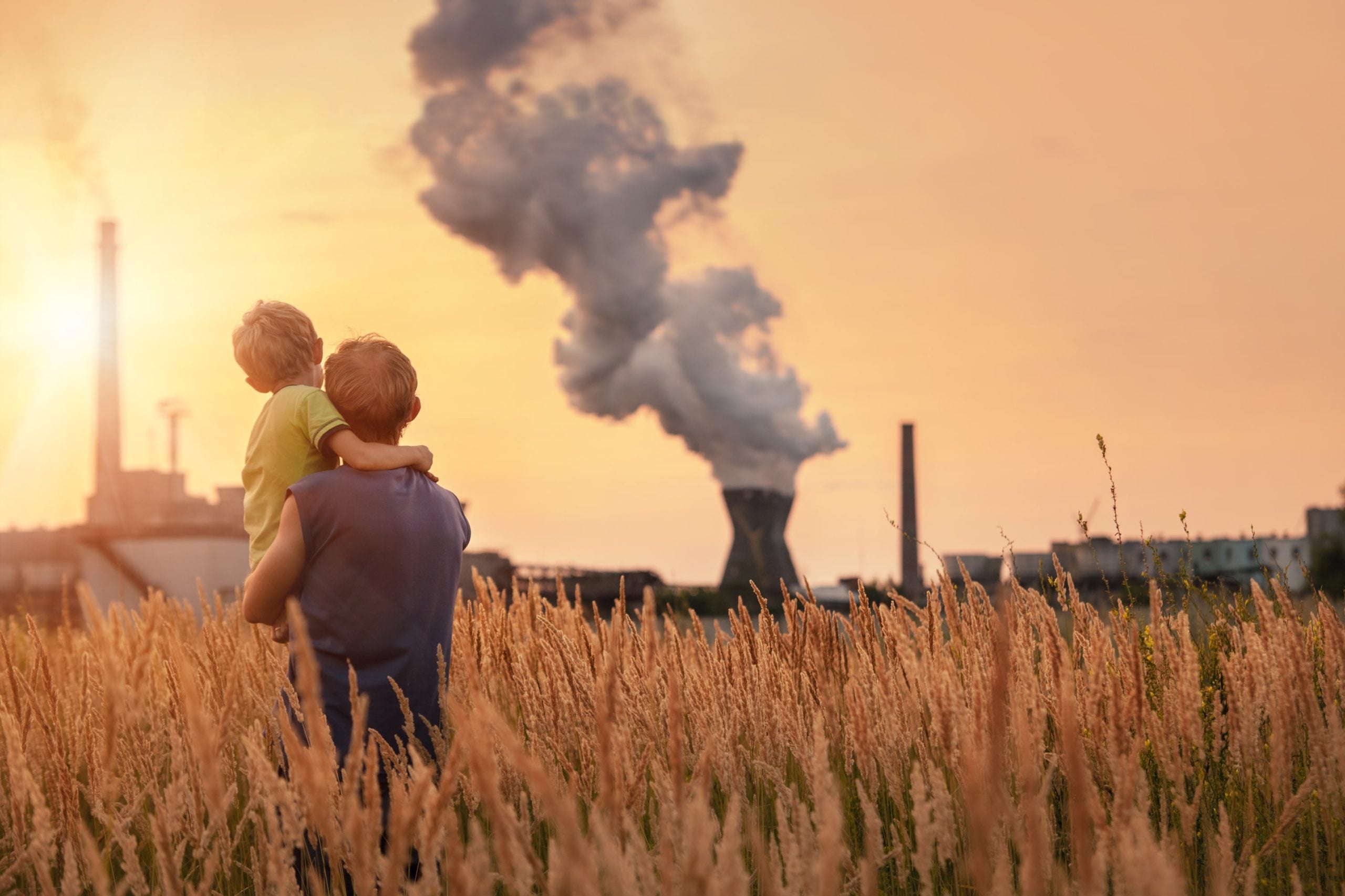
Almost half of business leaders across Europe and the US believe that achieving net-zero emissions targets will be delayed by two to three years due to the war in Ukraine and resulting energy scarcity.
Italy had the highest percentage of business leaders who expect a delay, at 54%, followed by the UK, at 51%. The average across all countries was 47%. A total of 3,000 business leaders from Europe and the US were surveyed for the report, authored by energy developer and distributor BayWa r.e.
According to the authors, the war in Ukraine has resulted in “many parts of the world turn[ing] to alternative sources of fossil fuels to reduce their reliance on Russia”.
However, BayWa r.e. also found that 96% of business leaders are already sourcing renewables or planning to in the future. Additionally, 53% say that rising energy prices have brought “renewed urgency, positively impacting their sustainability ambitions”.
Matthias Taft, CEO of BayWa r.e., said in a press statement: “The war in Ukraine has simultaneously been a catalyst to speeding up the renewable transition, while also increasing short-term reliance on fossil fuels. While the direction of travel is clear, pace is crucial and any delay risks seeing the climate crisis exacerbated. While the transition has now sped up, fast is not yet fast enough.”
Over half (57%) of business leaders believe a full transition to renewables will not happen until 2050 or after, and almost one in ten (8%) think the transition will never be fully achieved. This is in contrast to policymakers, with over a third (35%) believing it will be achieved during the 2030s, and only 11% saying after 2050.
Businesses and policymakers also differ in their perception of the biggest barriers to net zero. Around 42% of business leaders cite cost as the biggest obstacle, followed by 34% who say it is a lack of government support. Policymakers believe public understanding (35%) and the speed at which businesses can adapt (35%) are the biggest challenges, followed by cost (33%).
Ukraine War delays net zero hopes
According to the International Energy Agency, the EU faces a potential shortfall of 30 billion cubic metres of natural gas this year. US LNG is supposed to help plug that gap; US LNG exports averaged around 12 billion cubic feet per day in 2023, up 14% from last year.
At the end of last month, US natural gas firms added the most oil and gas rigs in a week since 2018. The Biden administration has recently classified natural gas as “green” or “low-carbon”, a move which has been criticised by environmentalists as greenwashing. In Europe, NGOs warn that new LNG terminals risk ending up as stranded assets.
Through monitoring online discourse, BayWa r.e. found that carbon-related mentions grew by 130% between 2020 and 2022, with public interest in the phrases “climate change”, “climate crisis”, “climate action” and “carbon emissions” all growing since 2015, the year the Paris Agreement was signed.
“These changes around public understanding are undoubtedly influenced by seismic shifts in world affairs – ones that indicate a move from awareness to urgency,” said BayWa r.e. in a press release.
“The impacts of the climate crisis are being felt globally, and this crisis does not care about recessions, policies, borders or the speed at which humanity can adapt,” Taft added.



